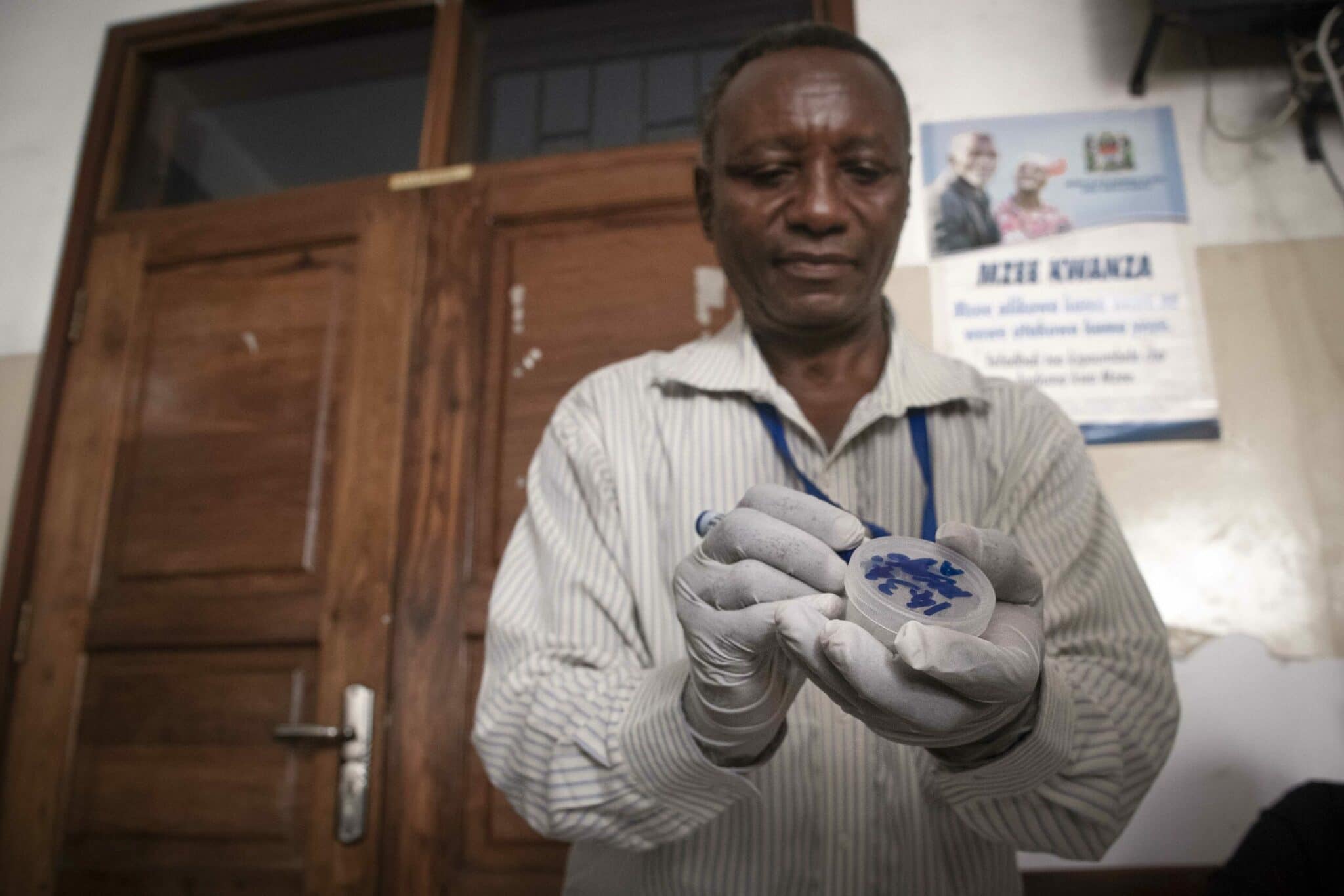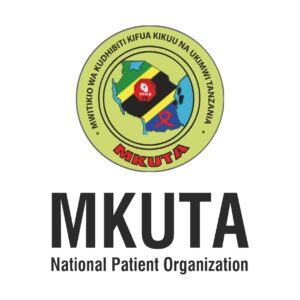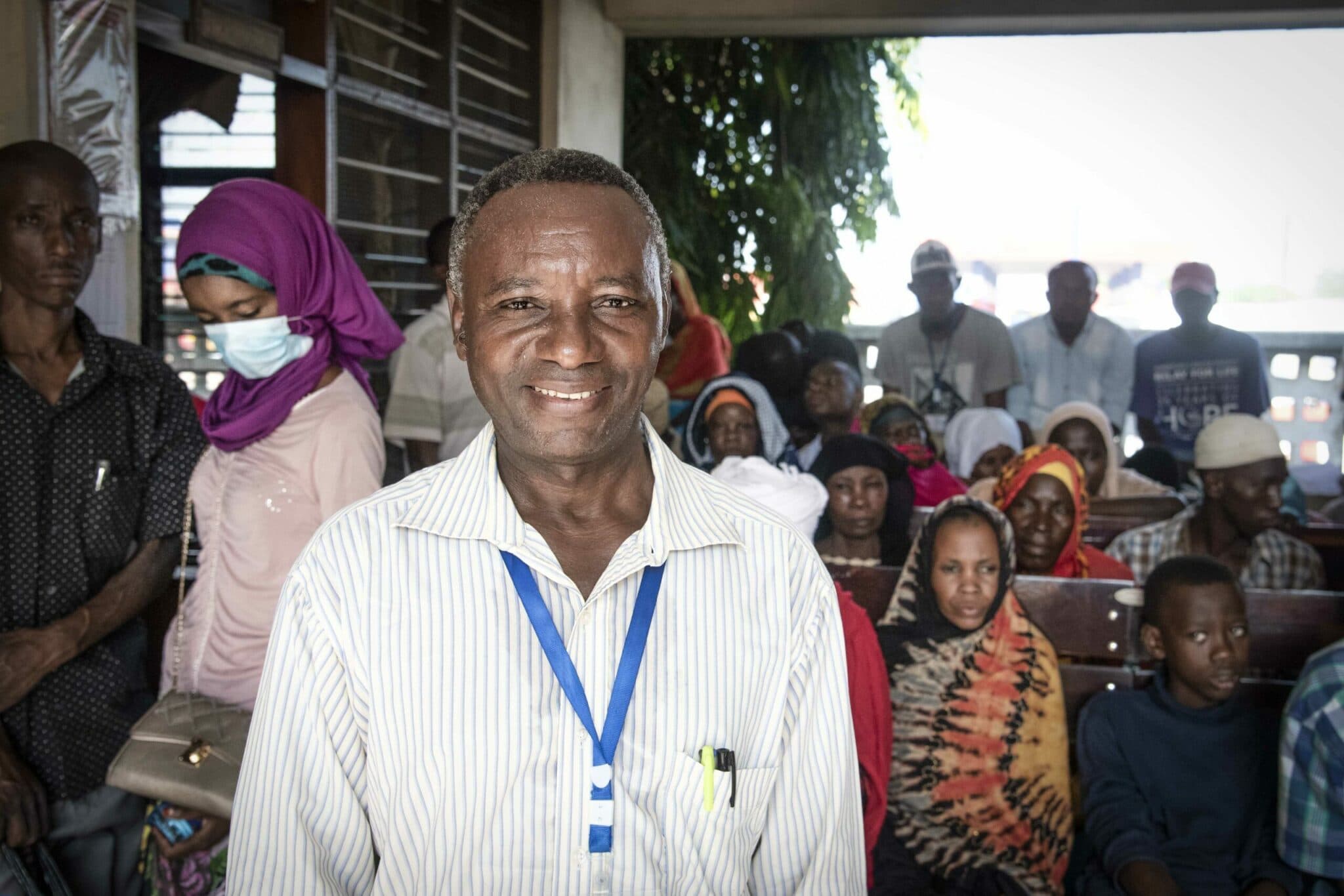Rashidi joined community-based volunteer group to help raise TB awareness.
“I have been a member of MUKIKUTE, which is part of MKUTA, for nine years. We are a group of volunteers who have all suffered from tuberculosis (TB) and survived. Why shouldn’t we? TB is curable yet it still kills thousands of people in Tanzania every year.
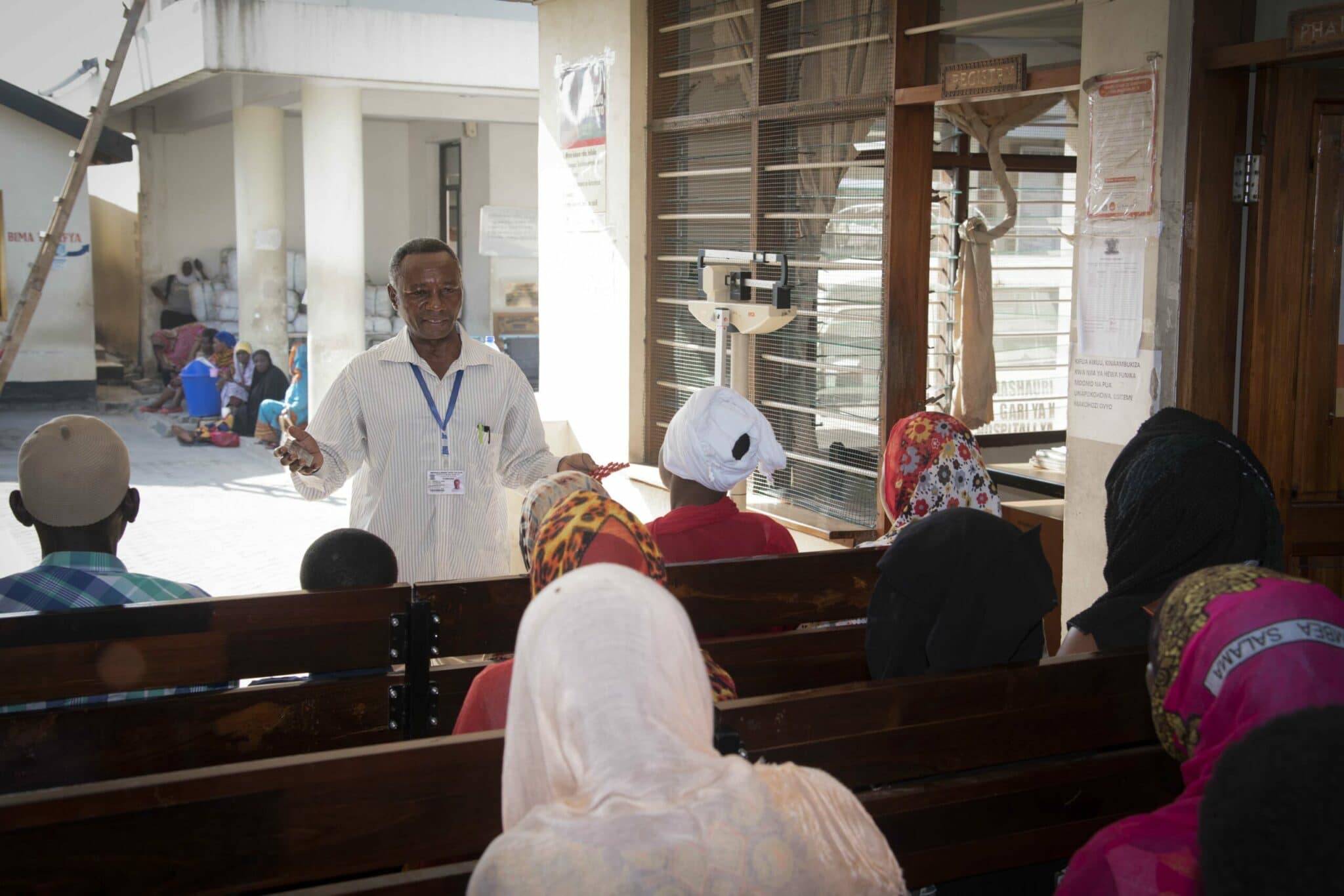
There are two main reasons for this. The first is lack of access to diagnosis. Often people are too far away from a TB clinic and they have costs to pay. Transport costs are significant and they sometimes need to spend up to three days giving samples and returning for diagnosis, so they have to take time off work and find somewhere to stay. In low-income countries like Tanzania, not many of us get sick leave or costs covered by our employer, even if we have one!
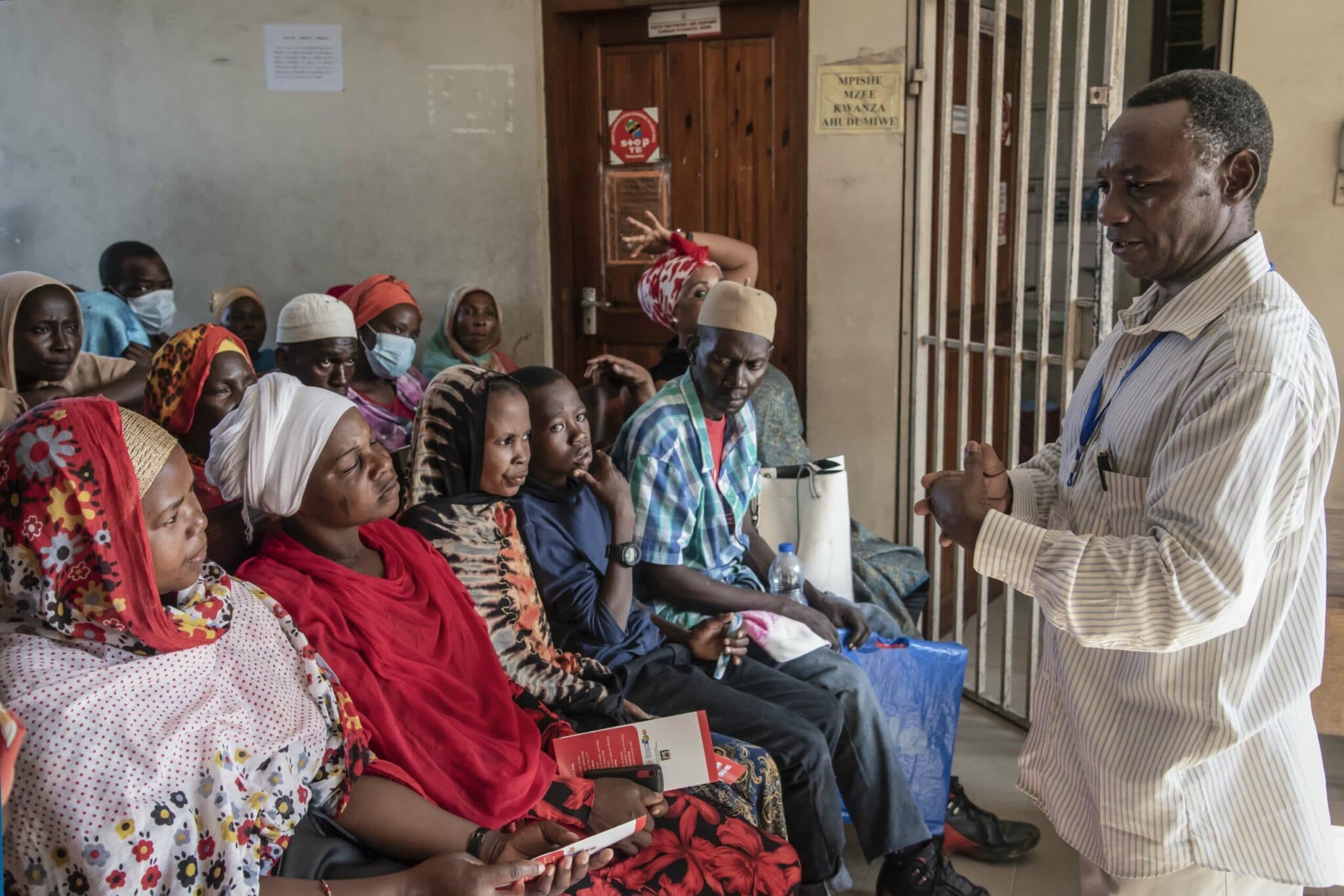
Stigma is also a factor. There is a high relation between people who have HIV and people who have TB. Both diseases are still misunderstood by the public and many people still think one or the other, or both, are death sentences. It is still common to find people who think a handshake with someone living with HIV will infect them. Employers too discriminate against people with HIV or TB. They may feel that their sick employee will not perform well. Ironically this is often the case when people delay going to get checked and treated.
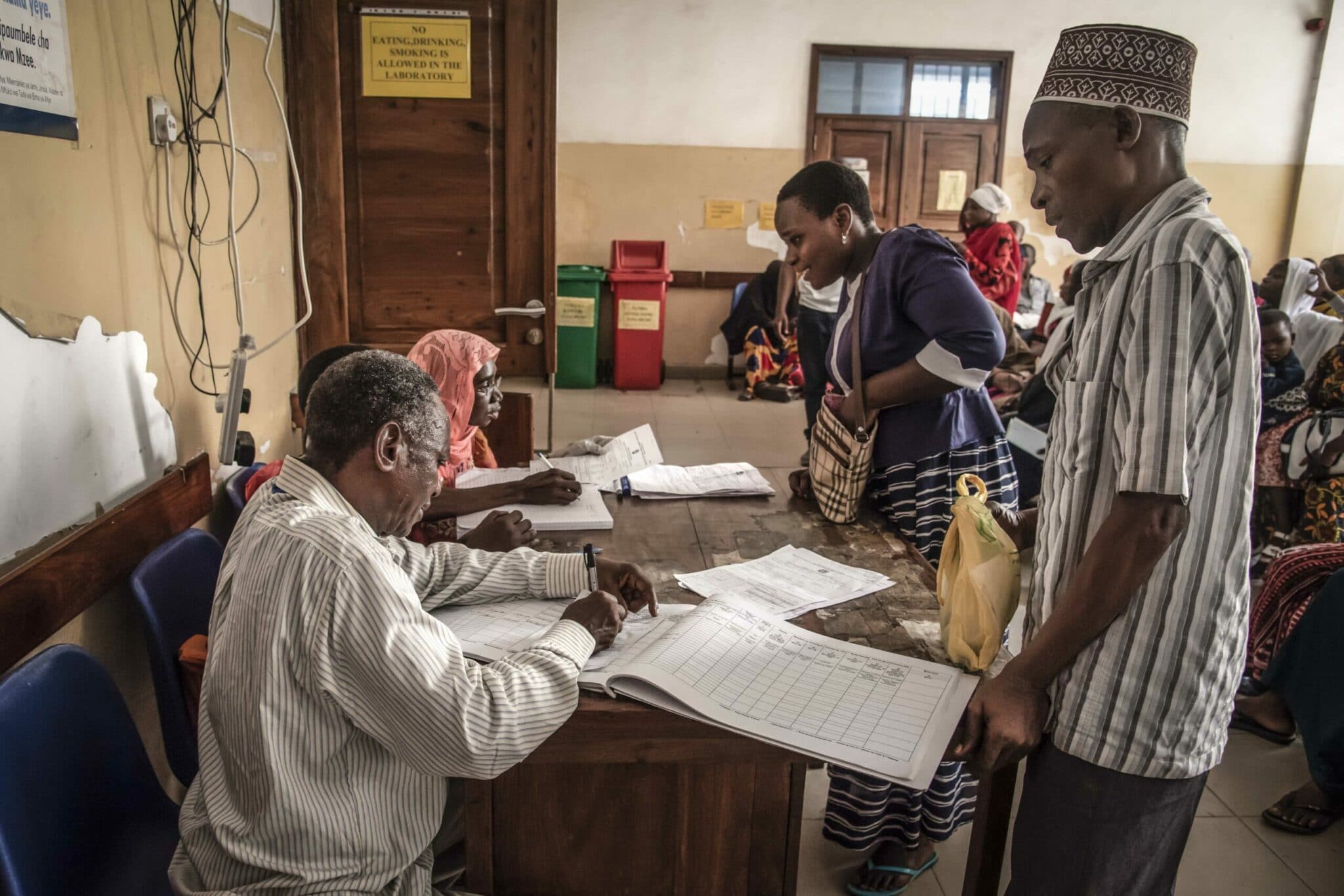
The other main reason for TB illness and death, is the lack of accurate diagnosis itself. Tanzania commonly uses sputum smear microscopy in the clinics, where the liquid coughed up from the lungs is examined under a simple microscope for signs of TB bacteria. Depending on how many bacteria are present, the skill of the technical and the level of technical quality in the lab, this method is only 20-60% accurate. Many people end up coming backwards and forwards to clinic, getting sicker, giving TB to other people, and still not being correctly diagnosed. It’s a vicious circle.
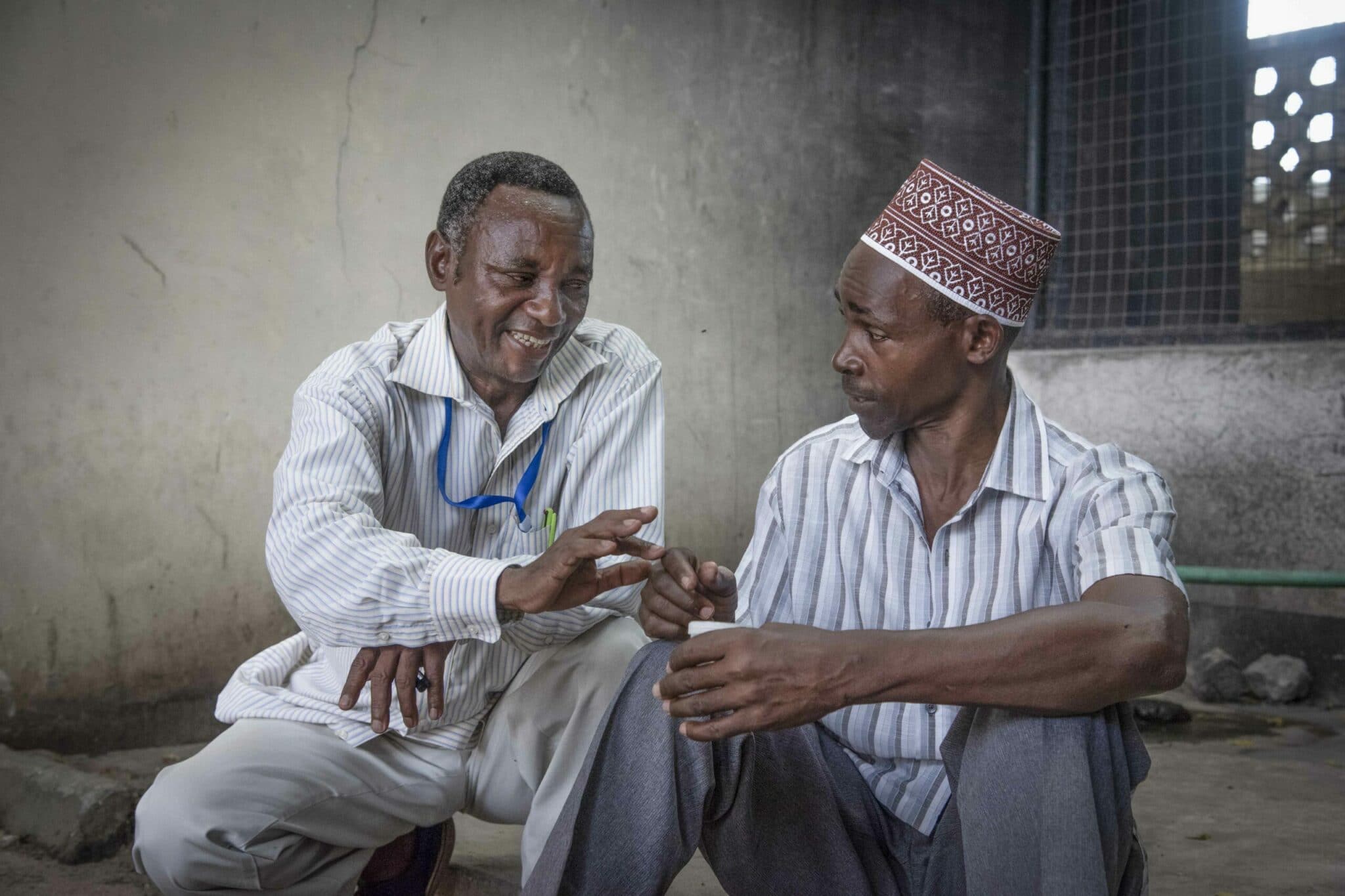
MUKIKUTE volunteers try to improve this situation. We meet people at clinic and show them how to give good sputum samples, from the lungs. This improves bacteria count. We also give sensitisation sessions both at clinics and at community level, to reduce stigma and to explain how to avoid TB or the importance of getting checked early; if you catch TB at early stages, you can usually be cured.
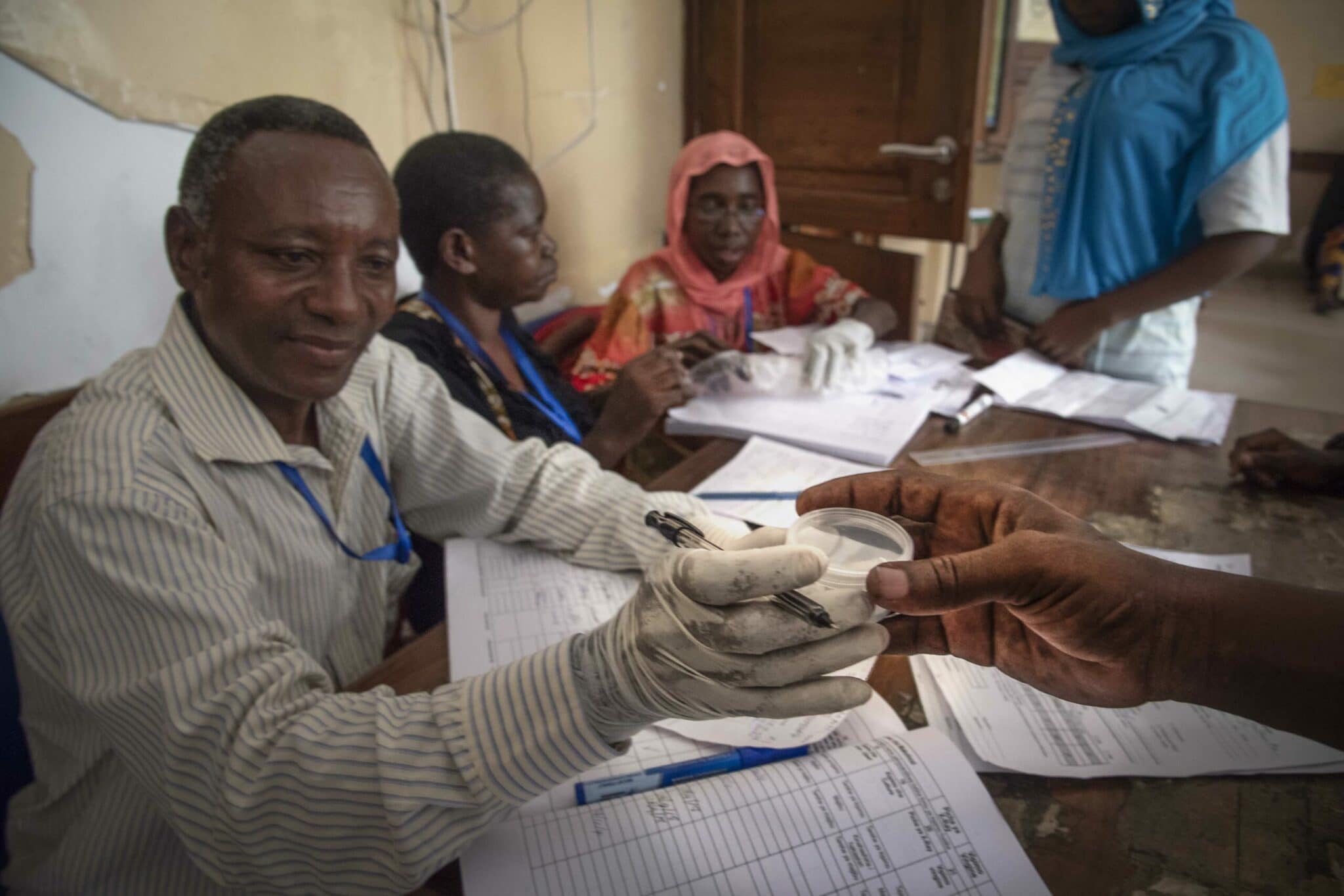
For myself, I also do a few home visits. To people who want to keep their illness secret. I help them get to clinic to get tested and I bring them their treatment. When they recover, some of them, like us at MUKIKUTE, see the importance of being open about TB to help others. And they become points of contact, counsellors to their community. That is very satisfying. We need all the help we can get to fight TB”.
